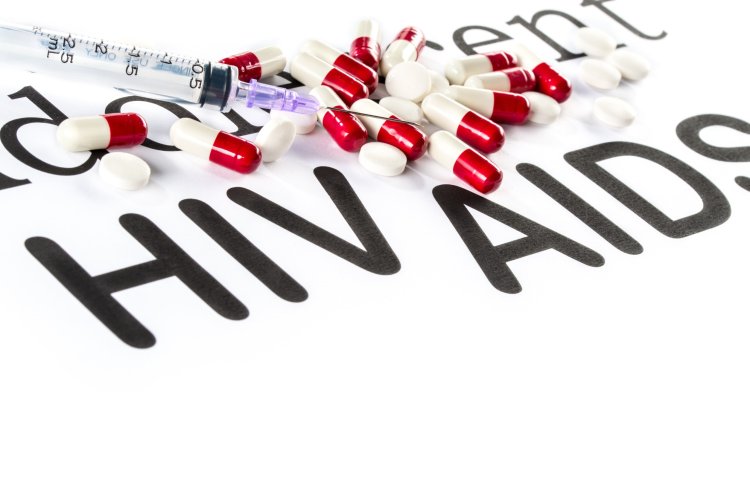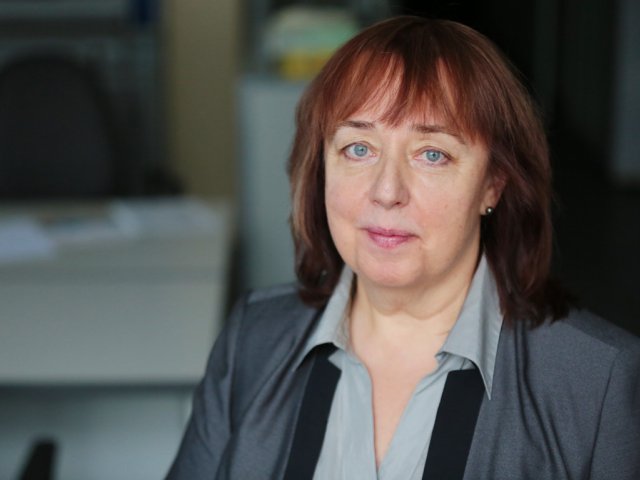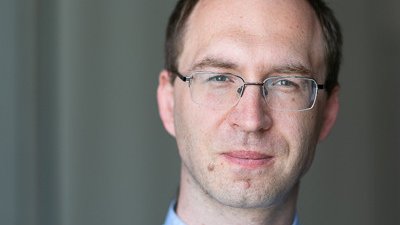Learn more about AIDS and express your support for people diagnosed with this terrible disease. The symbol for AIDS awareness is a red ribbon. World AIDS Day takes place on December 1.
In 2020, one and a half million people worldwide were infected with the human immunodeficiency virus, 680 thousand people died of AIDS-related diseases. These data were obtained by UNAIDS, a UN association created to coordinate the fight against the HIV and AIDS epidemics and their consequences. According to the organization, 37.7 million people globally are living with HIV.
Forty years have passed since the world's first cases of AIDS were registered, and the first World AIDS Day was held in 1988. Since then, activists have been organizing awareness events every year on December 1, people living with HIV have an opportunity to speak widely about their living, while public organizations suggest measures to support people with this diagnosis.
The COVID-19 pandemic has aggravated the HIV and AIDS situation in the world. Studies conducted in the UK and South Africa show that the risk of mortality from coronavirus in people with HIV is twice as high as in other cases. The disease course is more severe, while COVID-19 comorbidities and complications are more pronounced. The pandemic has also created a complex problem with HIV diagnostics – due to lockdowns and restrictive measures, the number of performed tests, confirmed diagnoses, and referrals for HIV treatment has decreased.
Every year since 1988, World AIDS Day has been dedicated to a specific topic. The first one was “United World Against AIDS.” Among other raised topics were “Women and AIDS,” “AIDS and Family,” “Find out Your Status.” Recent data show that two-thirds of people with HIV live in sub-Saharan Africa. Less than 3% of these countries' population have been vaccinated against COVID-19, and people with HIV are at an even greater risk. This is an example of social inequality, which World AIDS Day 2021 aims to solve. It is held under the slogan “End Inequalities. End AIDS. End pandemics.”
The world has set a goal to defeat the AIDS epidemic by 2030. UNAIDS claims that this goal is impossible to achieve without decisive actions to combat inequality. It is necessary to ensure conditions for inclusive socio-economic development and to cancel discriminatory laws, regulations, and policies to provide equal opportunities to everyone. According to the WHO, it is precisely due to disunity, inequality, and lack of respect for human rights that the global healthcare crisis caused by HIV still continues, and the spread of COVID-19 exacerbates problems and interferes with providing the much-required services to people living with HIV.
Based on open sources
Photo: primagefactory / ru.123rf.com






















